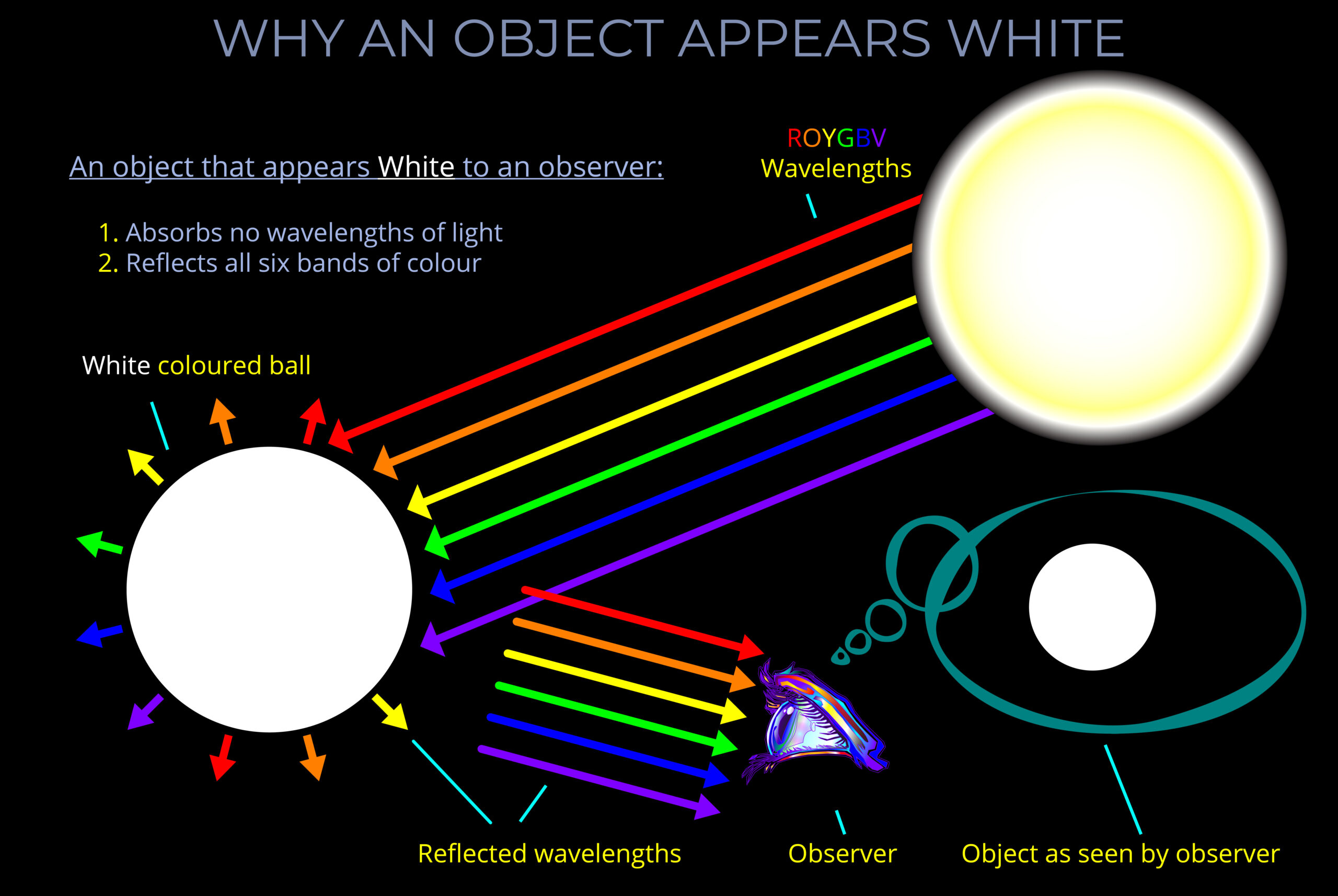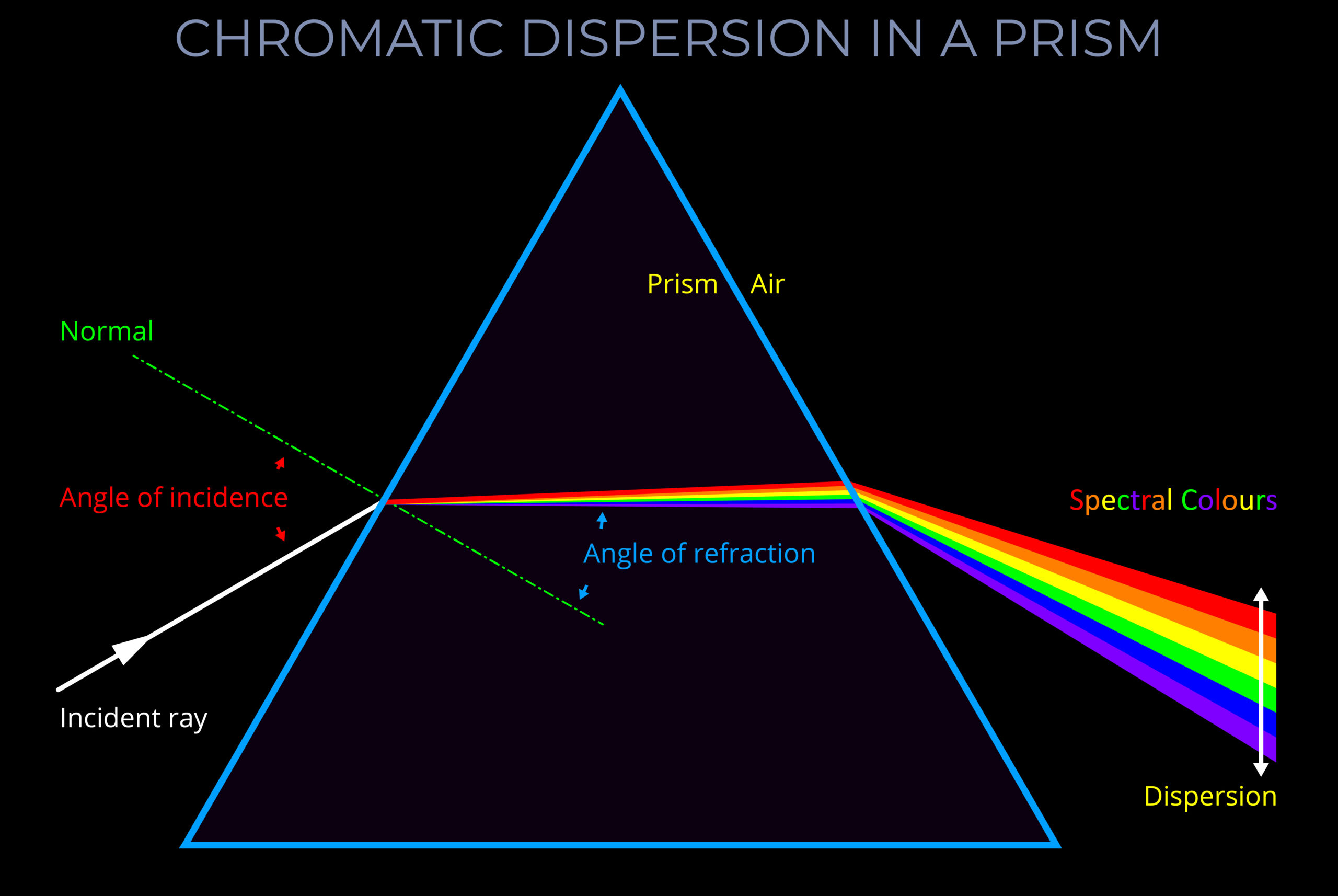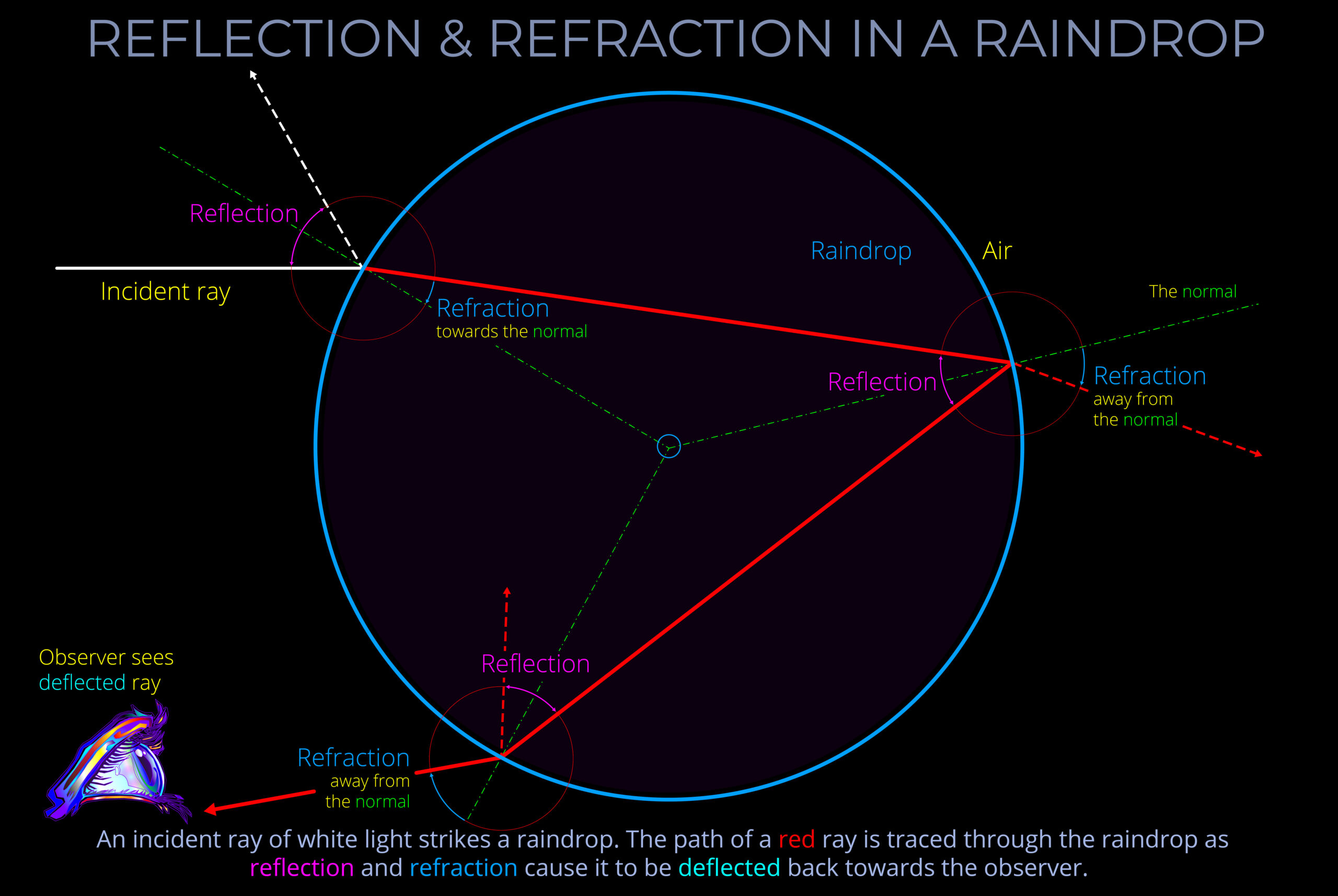Transmission refers to the process of electromagnetic radiation passing through a medium. When electromagnetic waves move through a material without being absorbed or reflected, we say they are transmitted. If no radiation is reflected or absorbed at all, the material achieves 100% transmission.
- Transmittance meanwhile is a way to measure how well a material allows light or other forms of radiation to be transmitted through it. It is essentially the fraction of incoming radiation that gets transmitted through the material.
- A high transmittance value indicates the material allows most radiation to pass through, while a low transmittance indicates most radiation is absorbed or reflected.
- The opposite of transmission is absorption, where electromagnetic radiation is absorbed by a medium and converted into other forms of energy, such as heat.
- The degree of transmission or absorption of electromagnetic radiation through a material can depend on factors such as the wavelength of the radiation, the composition and thickness of the medium, and the angle of incidence of the radiation.
- The degree of transmission can also vary depending on the type of electromagnetic radiation. For example, materials that transmit visible light well may not transmit ultraviolet light or infrared radiation as effectively.
References
- Transmission refers to the process of electromagnetic radiation passing through a medium. When electromagnetic waves move through a material without being absorbed or reflected, we say they are transmitted. If no radiation is reflected or absorbed at all, the material achieves 100% transmission.
- Transmittance meanwhile is a way to measure how well a material allows light or other forms of radiation to be transmitted through it. It is essentially the fraction of incoming radiation that gets transmitted through the material.
- A high transmittance value indicates the material allows most radiation to pass through, while a low transmittance indicates most radiation is absorbed or reflected.


